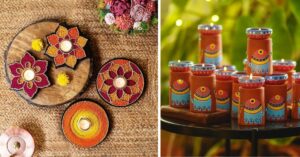How Kolkata’s ‘Jute Queen’ Is Making the Humble Fibre Go Glam & Global
Kolkata's Chaitali Das started her organisation Rakshak Foundation works with prison inmates to making jute products and revive the once-flourishing industry.
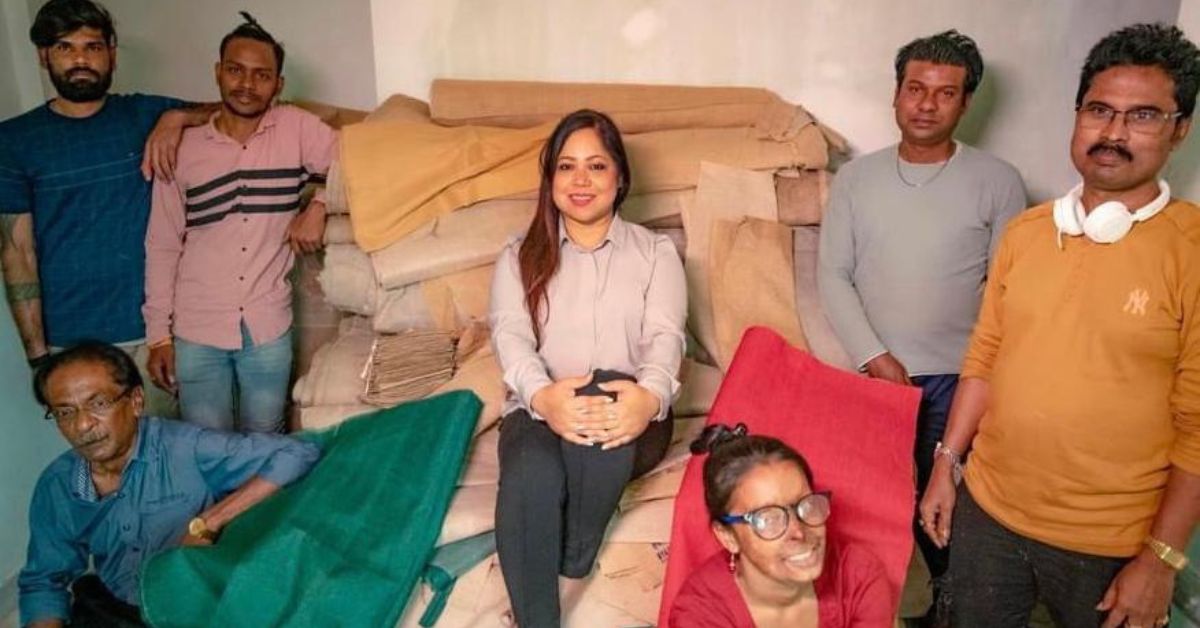
Chaitali Das, aged 50, is a prominent figure in West Bengal and beyond. Renowned for her contribution to the jute industry, which is often referred to as the Golden Fibre.
Growing up in Bengal, the largest producer of jute, Chaitali found herself on the path of promoting this versatile material. From a young age, she dedicated herself to societal and environmental causes through her organisation, the Rakshak Foundation.
Under her foundation, Chaitali initiated the project ‘Jute Story-Beyond Bars’, focusing on training prison inmates in Assam to craft jute products. Notably, she incubated a jute startup named ‘Root To Jute,’ which has successfully sold jute products globally, reaching countries such as Canada, Central Asia, and North America.
“Jute is a more eco-friendly, sturdy, and widely-available alternative, which not only benefits the environment but also adds to our cultural richness. Through my foundation, I aim to support prison inmates and promote sustainability,” she expresses to The Better India.
Capturing lives behind the bars
Born and raised in Alipore, West Bengal, Chaitali reflects on her unique childhood memories. Her home was situated between Alipore Central Jail and the Presidency Correctional Home, an unusual backdrop that played a significant role in shaping her perspective.
“My house was in a peculiar place to be growing up near such facilities. But it made sense as my father was a lawyer,” she explains.
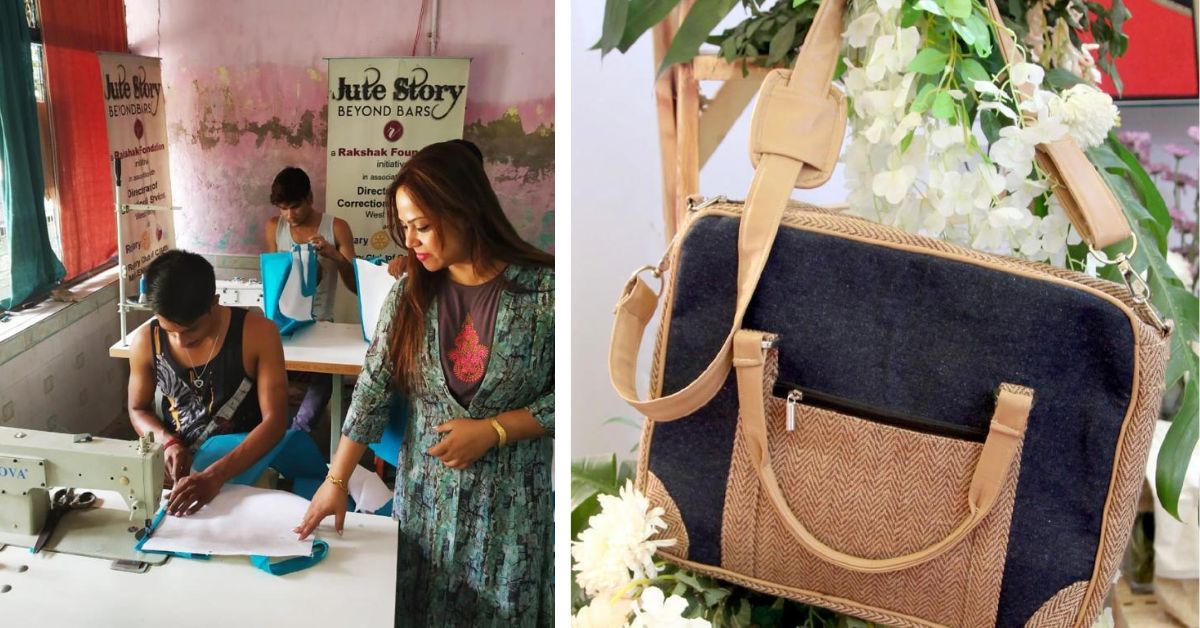
Chaitali fondly recalls accompanying her father to his workplace, including visits to the police station and close encounters with the imposing walls of the central jail. The sheer enormity of the prison walls sparked her curiosity, prompting her to wonder about the life within.
“As I grew up, I began watching movies that depicted life behind bars and how people exist in such circumstances. At night, as I lay down to sleep, the distant sounds of the closed zoo garden, which was also near our house, would reach my ears,” she shares.
Chaitali describes listening to the haunting roars of tigers in the stillness of the night. Simultaneously, around 11:30 pm, during police interrogations, the night would be punctuated by the chilling screams of people.
While these sounds might terrify a child, Chaitali’s perspective differs. “The noises from the police station did not instill a sense of fear but rather sympathy for them. It piqued my curiosity even more,” she adds.
Recalling what particularly led her to this path, she says, “There is one incident from my childhood that left a lasting impression on me, much like many of us who had the chance to visit our fathers’ offices as children. I must have been around five years old or perhaps even younger. On this particular day, my father took me to a courtroom.”
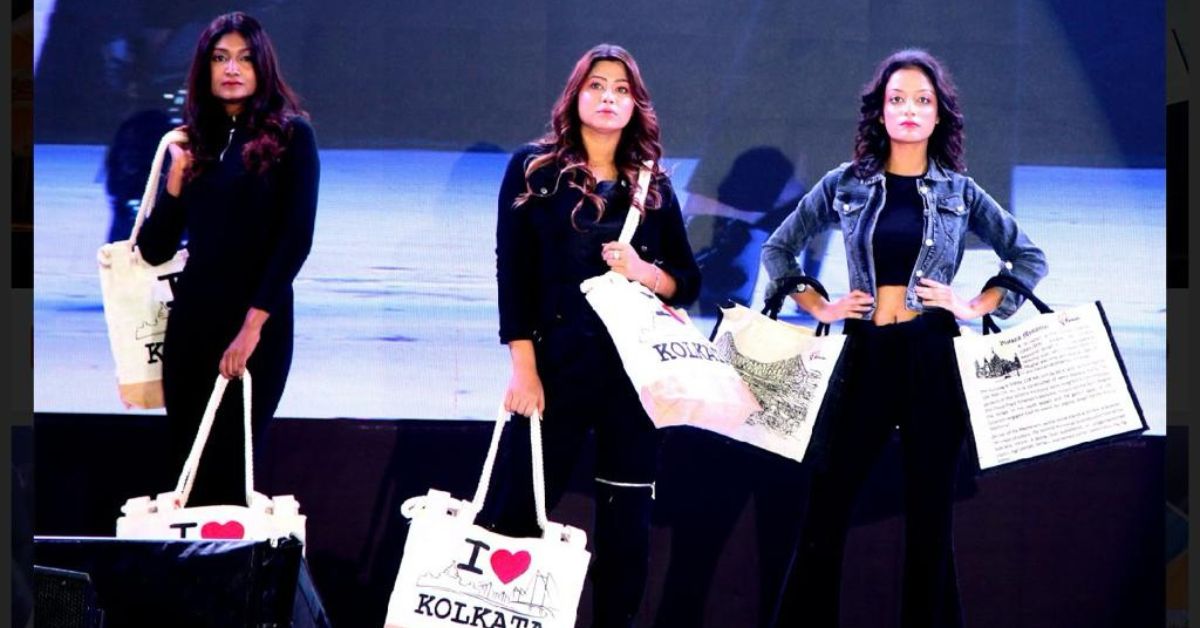
She noticed a police van with people disembarking, hands restrained with handcuffs and a thick rope around their waists – the customary way the accused were brought to the courtroom in those days.
“As my curiosity peaked, I approached one of my dad’s colleagues and asked who he was. Labelled as wrongdoers, they were being taken to the courtroom to face the consequences. I stood there, observing them, while their family members rushed towards them, engaging in fervent conversations,” she adds.
Looking at the family members’ suffering, little Chaitali felt like she should do something for them. “I was too young but I had made up my mind that I want to do something for them,” she says.
At this age, Chaitali decided she wanted to be a social worker and chose the path of helping others.
Taking Jute To the Global Stage
In 2015, after several years of working with various NGOs, Chaitali laid the foundation for the Rakshak Foundation.
The foundation focuses on empowering male and female inmates and other underprivileged women.
“I began my work at the correctional home, initially focusing on spoken English. Over time, I’ve undertaken various projects, including activities such as cookie-making with women and inmates, introducing yoga (especially during the COVID-19 pandemic), engaging in woodwork, and conducting painting sessions. The array of projects reflects the diverse initiatives I’ve been involved in,” she says.
However, the project that has gained significant traction is “Jute Story Beyond Bars”.
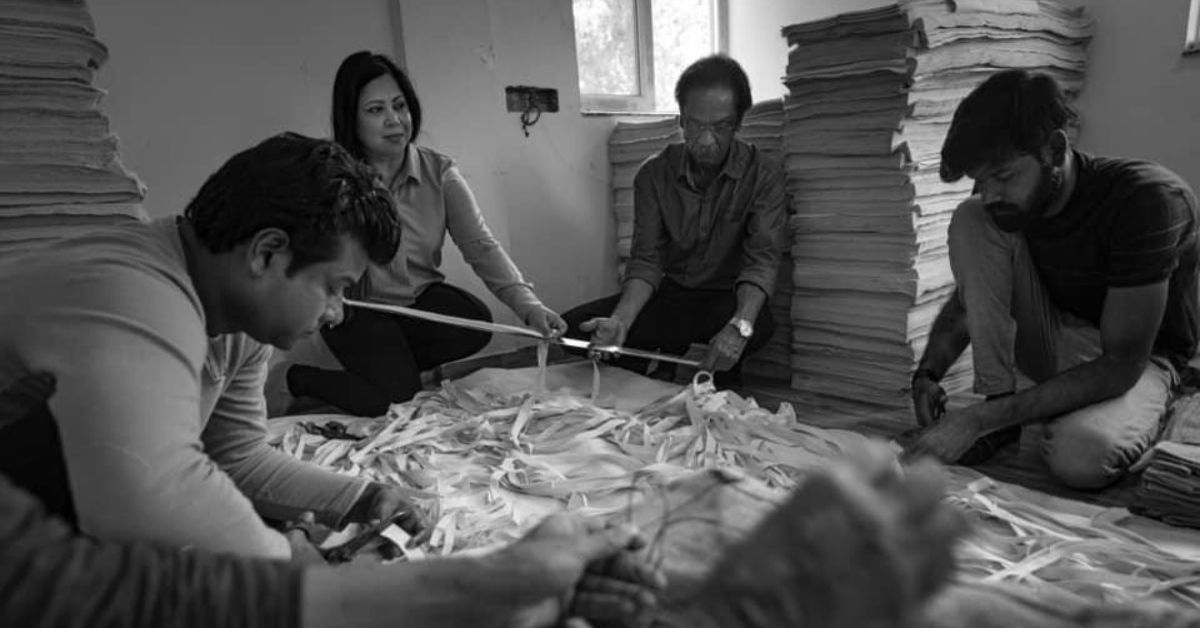
“In India, especially in Bengal, the jute industry involves approximately 40 lakh people. We have actively engaged inmates in crafting jute products, showcasing their creations at various locations, including different chambers and events on both national and international platforms,” she says.
To train and incubate these inmates, she connected with the National Jute Board of India (NJB).
“The training program spans 45 days, and we are proud to have partnered with NJB for its successful implementation. Our initial accomplishment was the training conducted at the Dandam Central Correctional Home, benefiting the prisoners there. Subsequently, I extended the initiative by providing additional training, leading to continued production and participation in various exhibitions,” she says.
To promote acceptance and usage, the organisation implemented a practice of free gifting initially. This strategy aims to introduce people to the products, fostering acceptance and encouraging reuse in the long run.
“Under this project, we have trained about 3,000 inmates in making jute products. This project has evolved into ‘Root to Jute’. Notably, it has been incubated by the Indian Institute of Management,” she informs.
Trained and experienced, some of the inmates who have served their terms are even employed at Chaitali’s startup, becoming part of their supply chain management teams.
The startup produces jute products such as handicrafts, rugs, and handbags. Additionally, she and her foundation created the Guinness World Record for creating the largest jute bag in the world on January 7, 2021. The bag measures 30.68 m (100 ft 8 in) wide and 24.87 m (81 ft 7 in) high.
The golden fibre, however, is not very popular among the youth though.
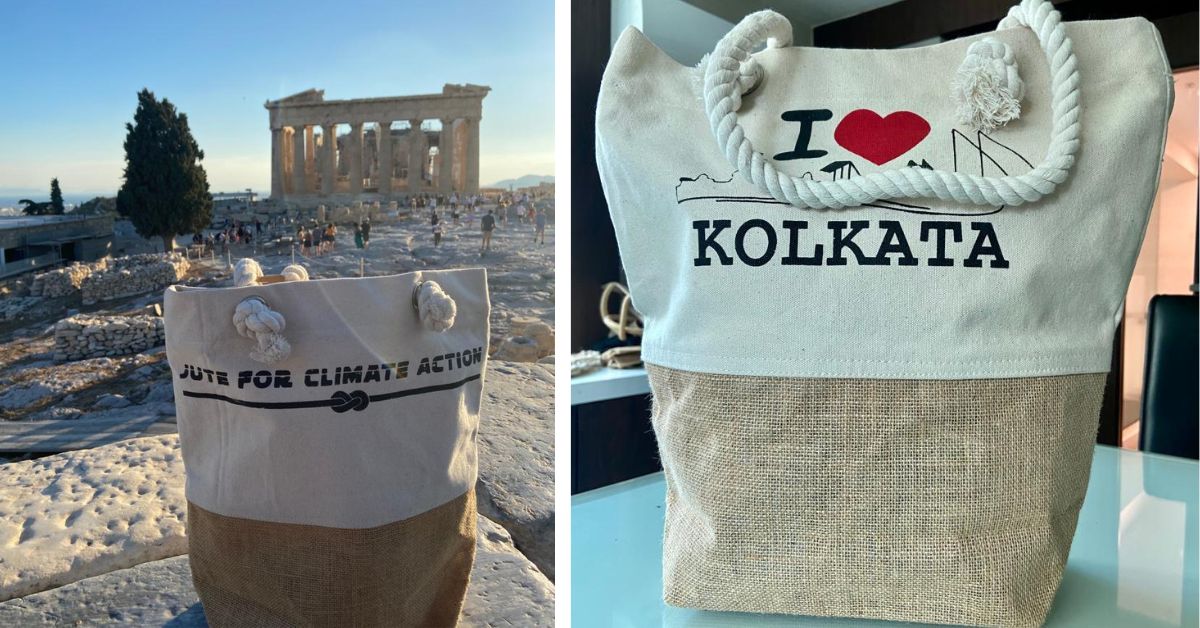
“We offer a diverse range of products specifically designed for young individuals. One effective way we showcase these products is through fashion-oriented presentations. For instance, we feature scenarios where students, fresh out of university or college, are seen carrying jute bags. This not only generates interest but also serves as a visual platform to display the products tailored for this age group,” she says, adding that while her productions are going up, she still hopes that more people use jute.
Looking back at her journey and pondering on why she chose inmates for this particular program, she says, “People often view those involved in the correctional system as wrongdoers or offenders, carrying a mindset that they deserve punishment. However, when these individuals engage in crafting products, especially for the betterment of the environment, a shift in perception occurs.”
“People begin to appreciate the positive contributions, and gradually, acceptance grows. It becomes evident that, given a positive direction, individuals labelled as wrongdoers or convicts are capable of change,” she adds.
Find her work inspiring? Buy her products here.
(Edited by Padmashree Pande)
If you found our stories insightful, informative, or even just enjoyable, we invite you to consider making a voluntary payment to support the work we do at The Better India. Your contribution helps us continue producing quality content that educates, inspires, and drives positive change.
Choose one of the payment options below for your contribution-
By paying for the stories you value, you directly contribute to sustaining our efforts focused on making a difference in the world. Together, let's ensure that impactful stories continue to be told and shared, enriching lives and communities alike.
Thank you for your support. Here are some frequently asked questions you might find helpful to know why you are contributing?







